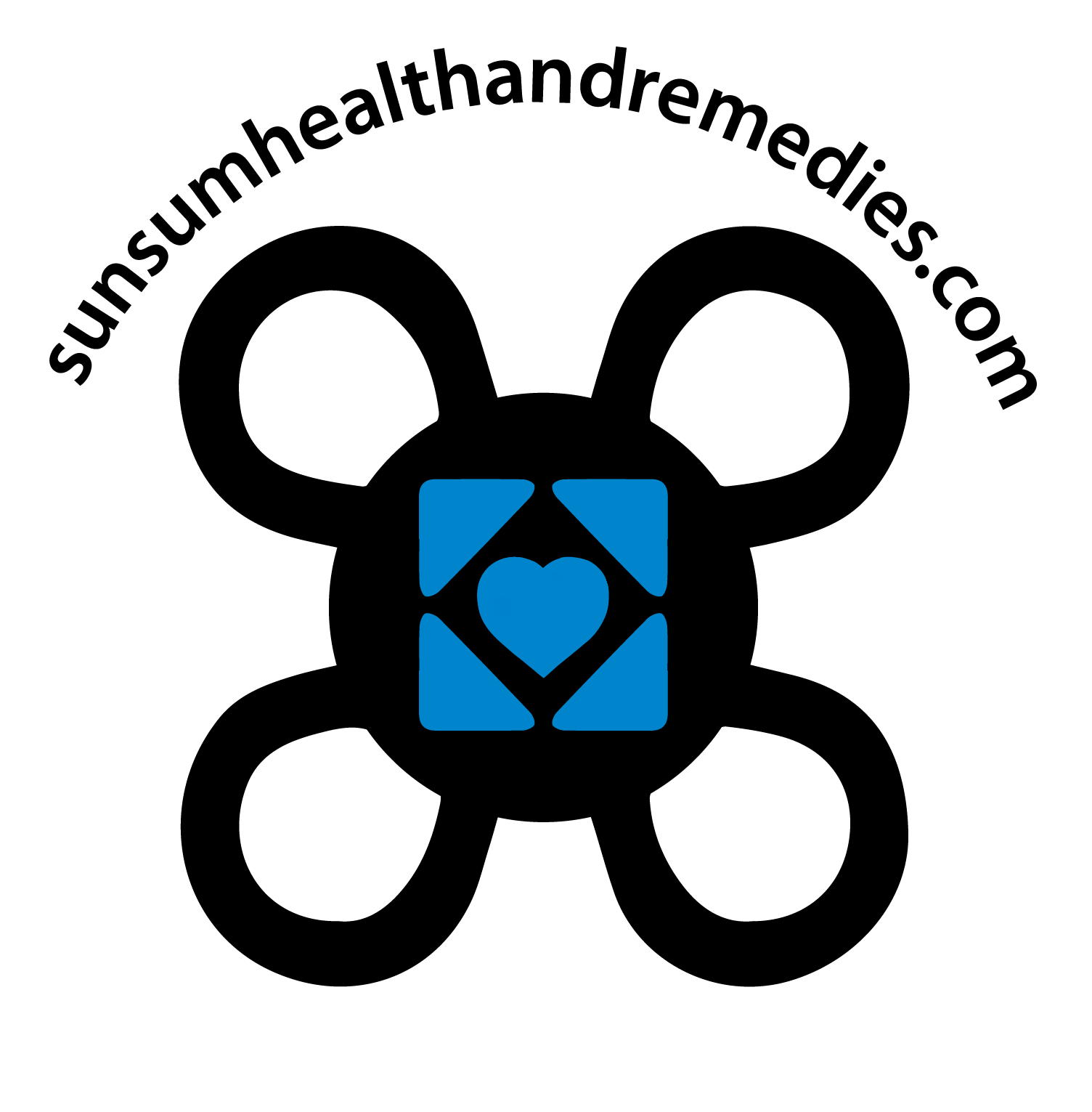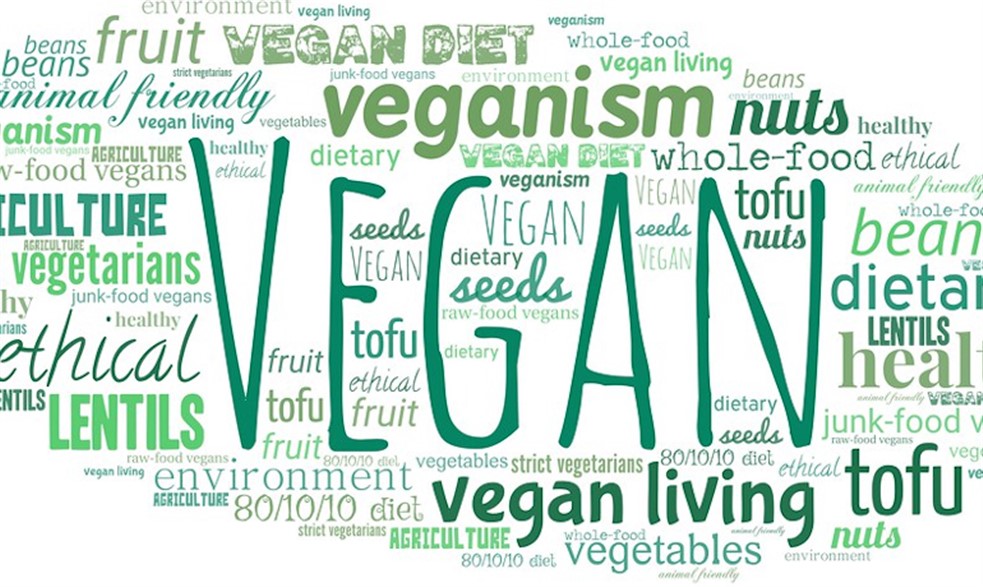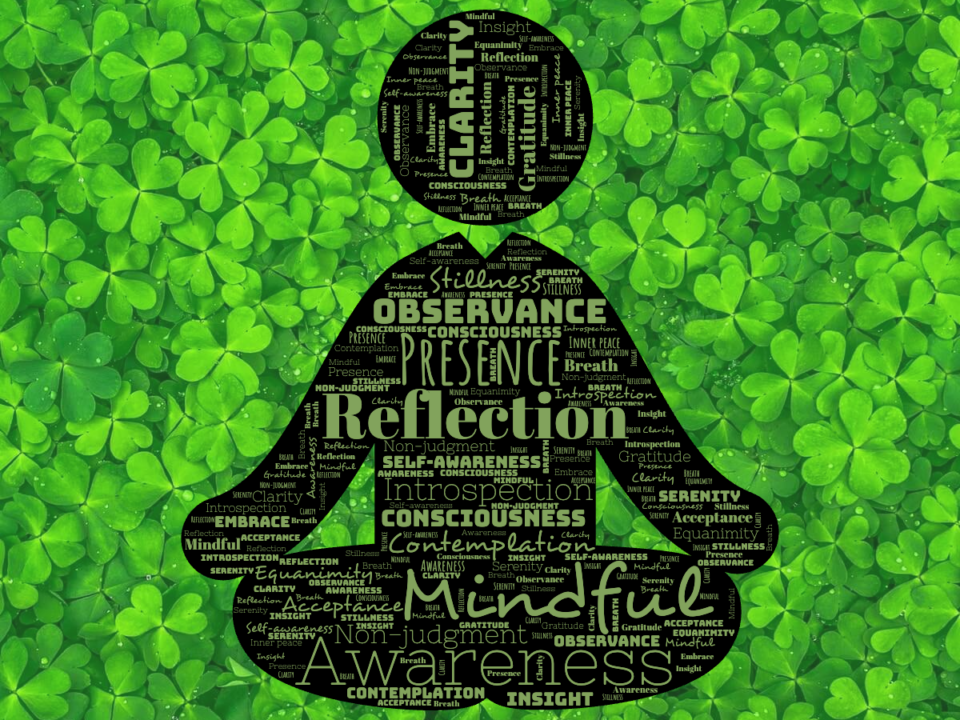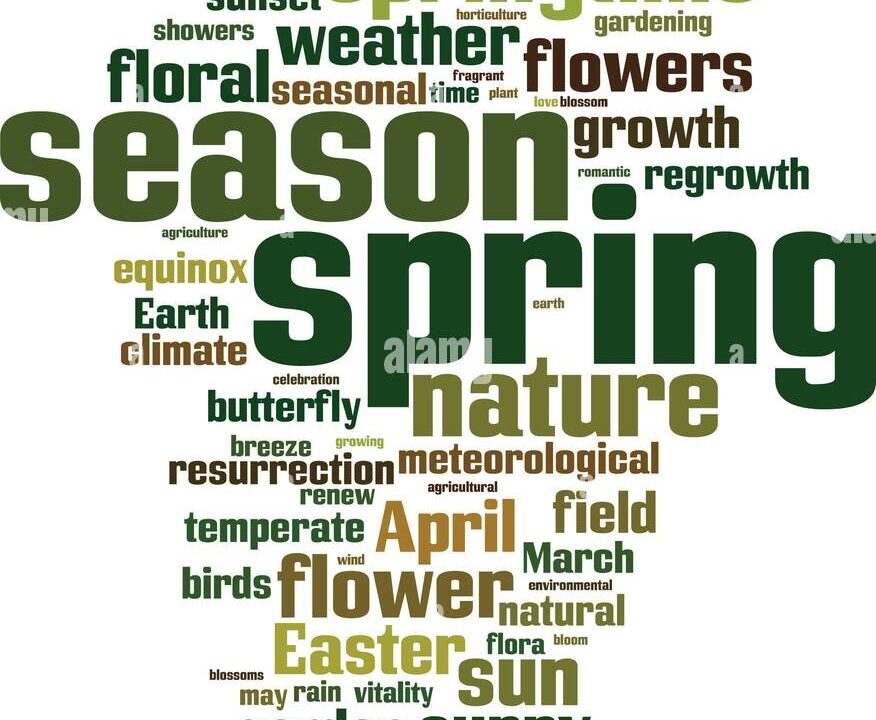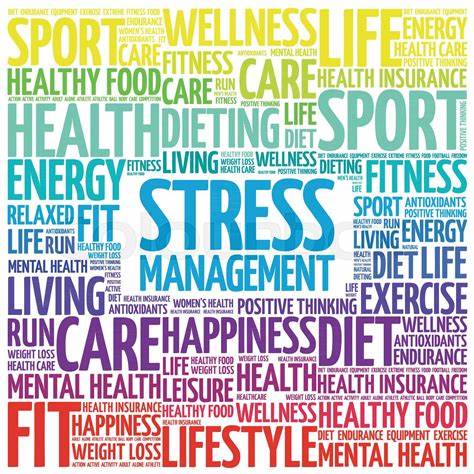Veganism

Therapist of the Month – March 2021
12/03/2021
TRY THIS! Transition to Veganism remedies
12/04/2021There are many reasons to adopt a vegan diet, some understand the (health) benefits of a plant-based diet, or decide to make more ethical choices to be eco-friendly or protect animal rights. To be a true vegan is to not use any goods produced using animals at all, including dairy products (eggs, milk, cheese). Like the raw food diet, veganism is a strict diet that includes certain foods but all whole foods. This way of eating is more successful when it is part of a whole holistic health lifestyle, so veganism is not just about plant food, but all products like clothing and homeware. There are processed vegan foods available now and alternatives that are used as a substitute for animal-based foods. Options include vegan hot dogs, mayonnaise, butter, veggie burgers or tofu. Some vegans choose to still eat bread, spaghetti, chips or vegetable curries or soups.
Food choices made often reflect the vegan’s reason for choosing veganism. Reinforcing the raw food diet philosophy is the healthiest choice to get the most nutrition out of food, which are usually low in fat as well. There are enough vitamins and minerals in whole foods to maintain healthy (as long as the body’s needs are understood). Although, there is not much evidence that a vegan diet heals, there is evidence that it prevents inflammatory, further illness and reduces the risk of dis-eases.
In these turbulent times, the mind, body and spirit are under pressure more often than not so it’s important to feed own body with energising foods that build up the internal systems. Even though the choices in veganism are more focused, choices need to depend on the vegan’s personal needs to enhance own health and wellbeing.
